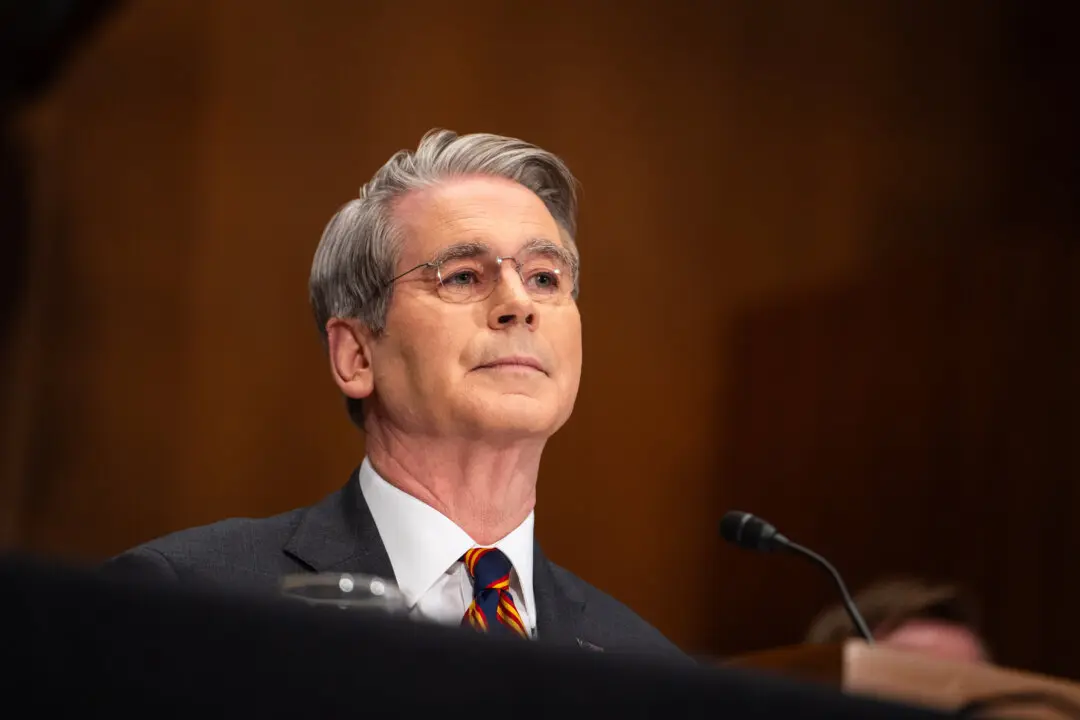The House Judiciary Committee voted down calling up the whistleblower at the center of the impeachment inquiry along party lines.
Twenty-four Democrats on the panel voted in favor and 17 Republicans voted against a motion to table calling up the anonymous person, effectively killing the move. Republicans on the committee proposed a vote to call the whistleblower.





